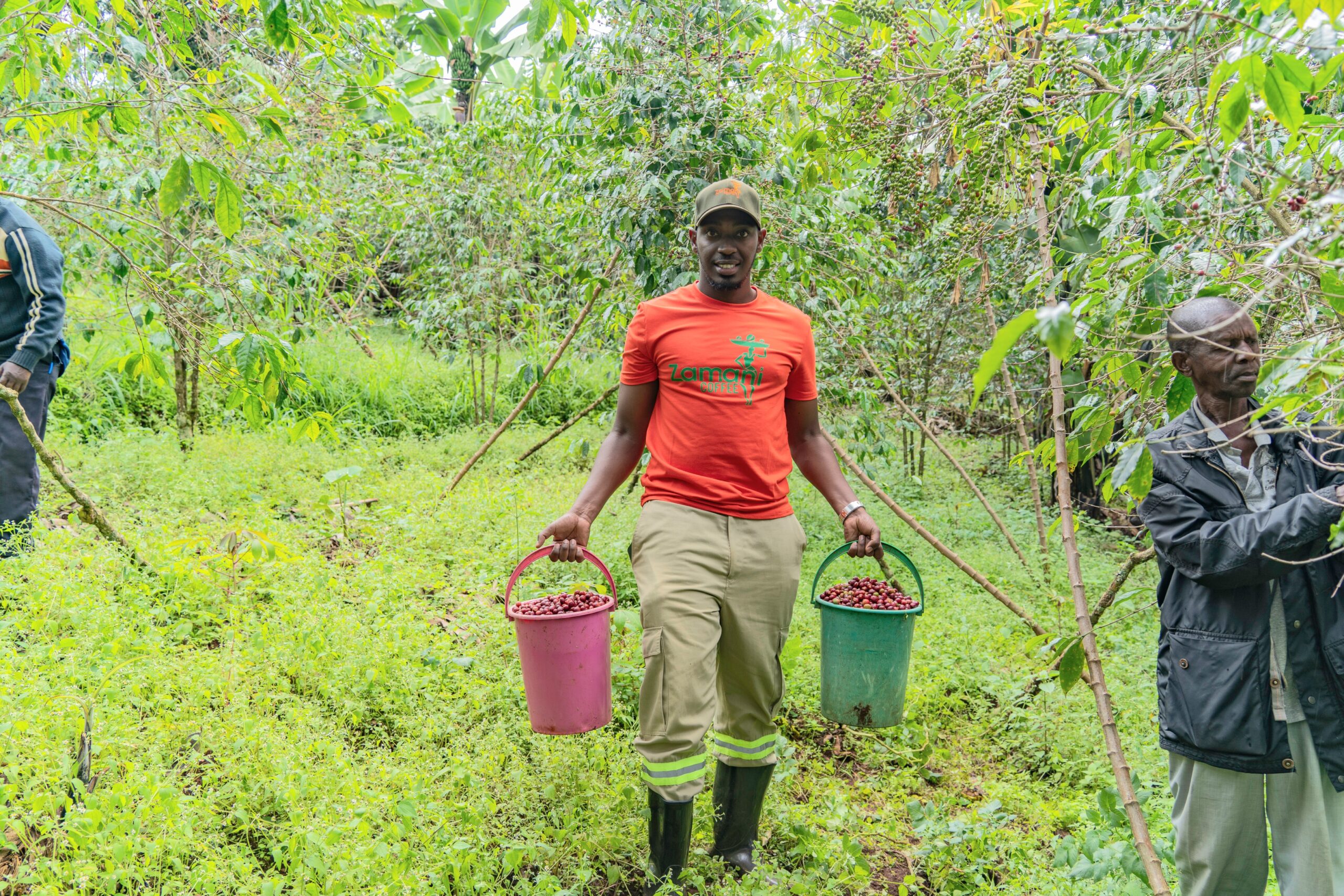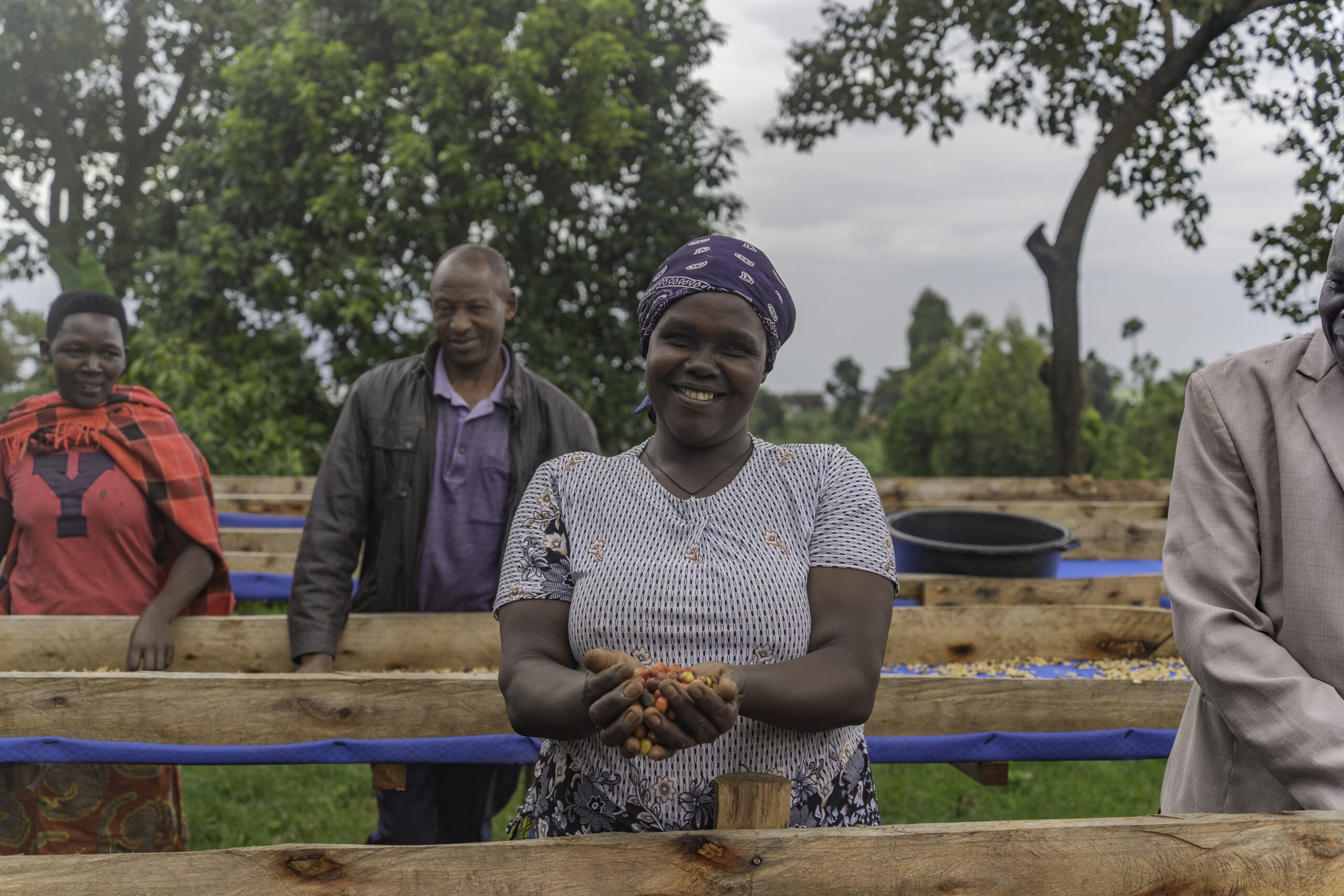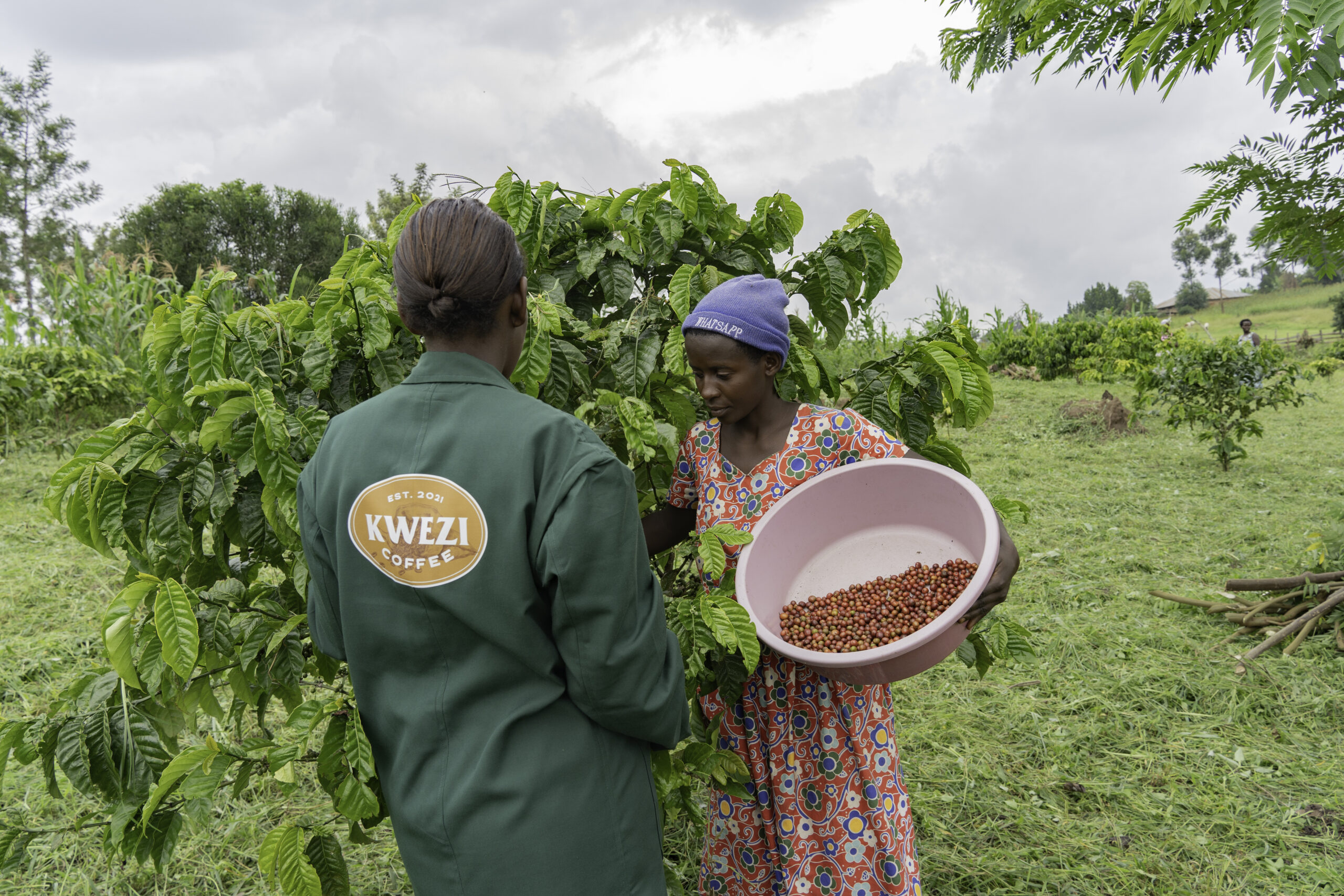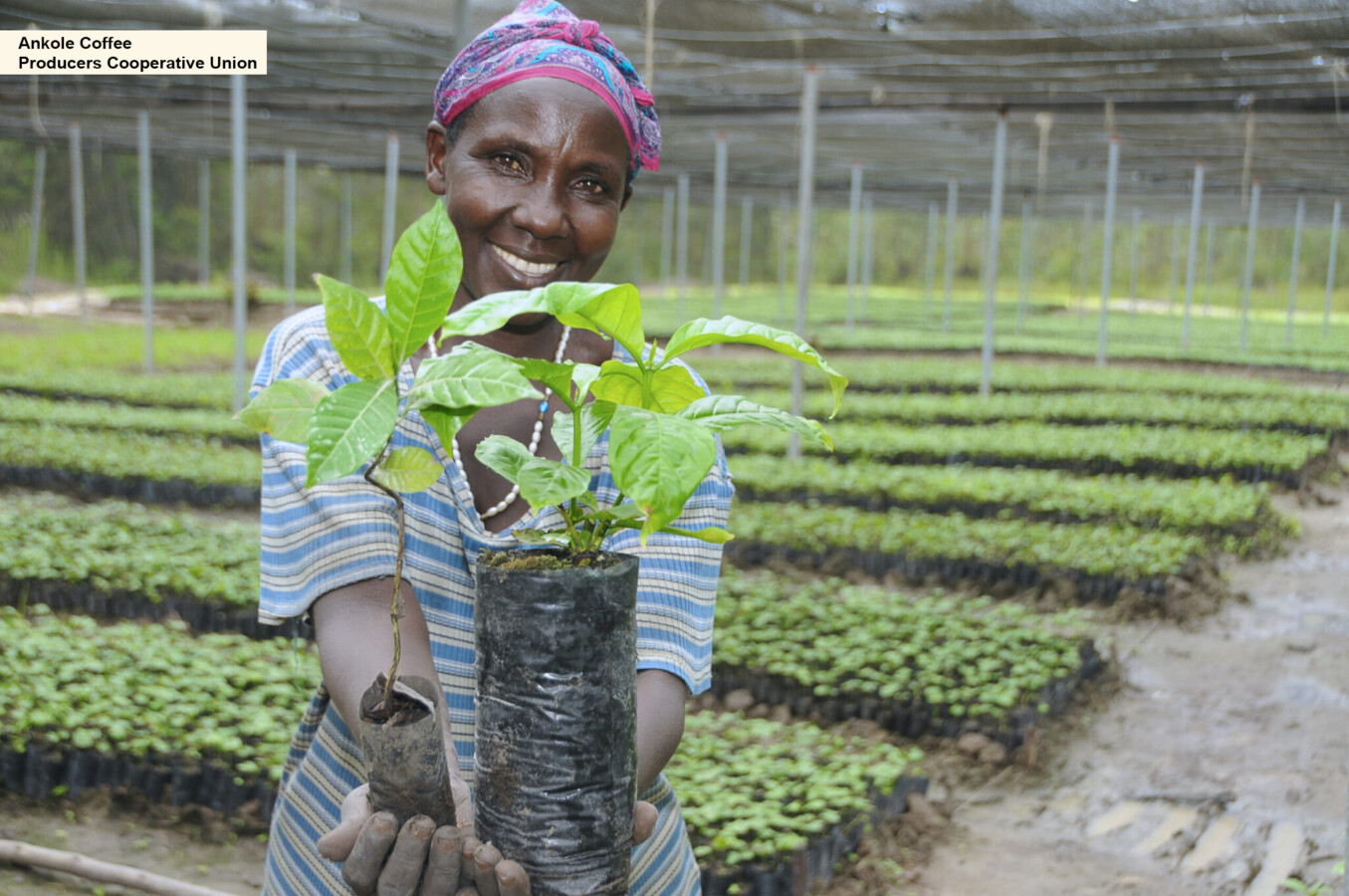What: United Kingdom market campaign to promote sustainably grown, quality Ugandan coffee
When: 15 – 18 May 2025
Where: The Truman Brewery, London, United Kingdom
(London) – Twelve Ugandan specialty coffee producers are bringing their beans—and their stories of sustainable production—to the United Kingdom market at the London Coffee Festival 2025, as part of a broader shift in how Ugandan coffee is traded, perceived and consumed.

Although Uganda ranks as the world’s 7th largest coffee producer, it currently supplies just 1% of the United Kingdom’s coffee imports. This campaign seeks to change that by fostering direct trade and building commercial ties between United Kingdom buyers and Ugandan coffee enterprises. These producers are able to preserve unique flavour profiles due to the use of single-origin beans – from bright notes of cherry, crisp apple and lemongrass to deeper tones of roasted cocoa, dark chocolate, caramel and molasses.

As part of this initiative, a side event will take place at Second Home Spitalfields ahead of the London Coffee Festival, offering a curated space for direct engagement between United Kingdom importers and roasters and the Ugandan producers. Industry leaders including Dr Wakefield, Langdon Coffee, Volcafe and Zamani Coffee will participate in cupping sessions, business-to-business meetings and sourcing dialogues.

The exhibition at the Festival falls under the umbrella of the broader Uganda-United Kingdom Coffee Campaign, supported by the United Kingdom Trade Partnerships (UKTP) Programme and implemented by the International Trade Centre (ITC), which aims to shine a spotlight on this shift to more sustainably produced, quality Ugandan coffee.
Featured companies include:
|
|
|
|
|
|
|
|
|
|
|
|

About the International Trade Centre – ITC is the joint agency of the World Trade Organization and the United Nations. ITC assists small and medium-sized enterprises in developing and transition economies to become more competitive in global markets, thereby contributing to sustainable economic development within the frameworks of the Aid-for-Trade agenda and the United Nations’ Sustainable Development Goals.
For more information, visit www.intracen.org.
Follow ITC on X | Facebook | LinkedIn | Instagram | Flickr
About United Kingdom Trade Partnerships Programme – UKTP is implemented by the International Trade Centre and funded by the Foreign, Commonwealth and Development Office of the United Kingdom of Great Britain and Northern Ireland. The programme aims to increase trade from developing countries to the United Kingdom and the European Union by maximizing the benefits of United Kingdom and European Union Economic Partnership Agreements and the United Kingdom’s Developing Countries Trading Scheme. UKTP implements trade promotion and capacity building activities around the world at different stages of the value chain. The programme works in partnership with government agencies, private sector organizations, public sector institutions, small and medium-sized enterprises and other local stakeholders.

